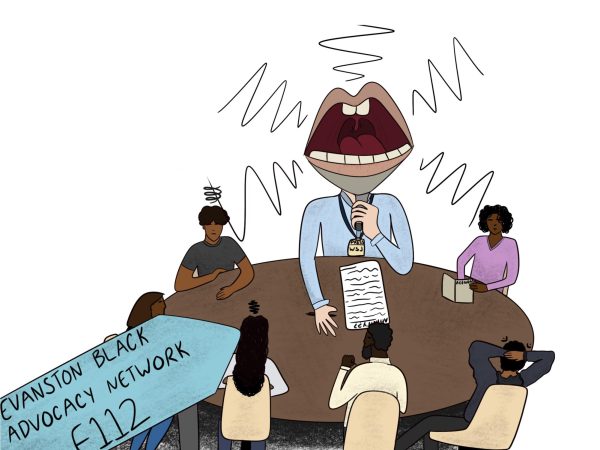Having fun makes a team successful
November 22, 2016
You have heard the typical saying: the most important rule is to have fun! While this statement may seem cliche, it holds more truth than you think, especially for coaches.
The idea of having fun with sports seems simple: many would say that the athletes “create their own fun”. This is not true because the person who controls the fun is the same person who is in control of nearly everything else: the coach. There are two broad ideas of coaches, the one that supports fun and the one who does not.
This is a polar way of thinking of it. It is like comparing a right wing politician like Ted Cruz to extremely liberal politician Bernie Sanders. Every athlete knows what I am talking about. There are coaches who try to get their point across by barking at their players, striking fear in their team because they think that is the best way to win. Then, there are coaches who relate to their players, who serve as mentors. They bring fun to practices by encouraging competition and creating a positive environment for their players.
Both coaches have the same overall goal: to win. However, the new wave of fun coaches have more success than the fear-striking coaches. Having fun does not mean that the athletes do whatever they want, go through the motions, and do not care about their sport. No, the teams that have fun are the ones who keep a positive environment with healthy competition.
This is an environment that the boys soccer team brought this season. It stems from the coach. Coach Franz Calixte did a fantastic job of keeping a positive and relaxed environment by having competitions every practice. Whether the games were classic such as scrimmaging, or more abstract competitions like soccer golf or soccer tennis. This is how to make practice fun; within the fun came winning. They were regional and sectional champions this year, while having fun. This is a local example.
There are sports that have coaches who strike fear in their players and are far less approachable than Calixte. This is an unsuccessful method. They are not winning and their players are not enjoying themselves. The best combination is the coach who has fun and wins. Winning is important, do not get me wrong. Trophies are the best. If a team has fun, they are more likely to win.
As I witnessed history a few weeks ago (The Cubs won the World Series, just a reminder), the color commentator on Fox, John Smoltz, said something that wraps up the Cubs’ success along with the success of many teams such as boys soccer. He said, “Whoever enjoys themselves the most, will have the most success.” This encapsulates the point I am trying to make. The Cubs are a great example. Throughout the year, no matter how good or bad they performed, Joe Maddon, the Cubs’ manager, kept an extremely loose and positive environment. This translated to their success in the playoffs. He constantly preached throughout the year, “Don’t let the pressure exceed the pleasure.” The coaches who scream and frighten their athletes are adding pressure. That is why his or her players are more likely to make mistakes, and their players do not have as much success.
Of course, the ETHS athletes are not the Cubs, but any athlete can learn from a championship winning team. The coaches can learn from championship teams, too. Learn from coaches like Calixte or Maddon. They keep positive environments, they have fun, they teach, and they WIN.
According to CBS Sports, the coaches in major sports who have the most fun are also the teams who win. They mention coaches like Steve Kerr of the Warriors and Pete Carroll of the Seahawks. These coaches are ones that players choose to play for in free agency. They all keep loose environments and connect with their players. The same goes for high school sports. If one were to ask a player why they quit the sport, many would say they did not get along with the coach. Poor chemistry equals poor performance.
The athletes are high schoolers, they are going to need discipline, but threats and yelling is not teaching them any lesson. Teach them to be leaders. Teach them to be winners. Teach them to be overall good, positive citizens. This may seem like a duty that should be put on athletes, but it is not. It is the duty of one of these athletes’ biggest mentors: the coaches.














